 Understanding what you’ll need to pay each month for a mortgage can help you when you’re ready to buy a home. In this article, I’ll share steps to take to calculate monthly mortgage payments.
Understanding what you’ll need to pay each month for a mortgage can help you when you’re ready to buy a home. In this article, I’ll share steps to take to calculate monthly mortgage payments.
Find Your Mortgage Principal
Known as mortgage principal, knowing the initial loan amount is essential for anyone who wants to calculate mortgage payments. Let me give you an example: If I have $100,000 cash on hand and want to buy a home that costs $400,000, I can make a 25% down payment but need to go to my bank to borrow $300,000. That $300,000 is my mortgage principal. If I have a fixed-rate mortgage, I’ll pay the same amount every month. More money will go toward my principal (and less toward interest) with each monthly mortgage payment.
Calculate Monthly Interest Rate
An interest rate is the fee a bank charges for someone to borrow money. The interest rate is expressed as a percentage. Lenders give mortgage interest rates as annual rates, so to get the monthly interest payment, I’ll just divide my annual interest rate by the number of months in a year: 12.
Calculate Number of Payments
Fixed-rate mortgages are typically offered in 15- or 30-year terms. I can get the number of monthly payments I’m expected to make by multiplying the number of years in the mortgage term by 12. So, for a 15-year mortgage, I’ll make 180 monthly payments, or for a 30-year mortgage, I’ll make 360.
Run the Numbers
Once I get the principal loan amount, monthly interest rate, and the number of months I’ll need to repay my loan, I’m ready to do the full calculation (not including taxes and insurance) to find my mortgage payments. I’ll use this equation:
M = P [ i(1 + i)^n ] / [ (1 + i)^n – 1]
Here, “P” is the principal loan amount, “i” is the monthly interest rate, and “n” is the number of months I’ll need to repay my loan. Finally, “M” is my monthly mortgage payment.
Once I have M calculated, I can go ahead and add additional costs. Costs like property taxes and homeowners insurance can impact the total of my monthly mortgage payments, but they’re fixed costs that don’t depend on how much I’ve borrowed from the bank.
Other Costs to Consider
Private mortgage insurance (PMI) will come into play if I put down less than 20% of the purchase price with a conventional mortgage. Lenders will add a PMI premium to monthly mortgage payments. PMI usually comes out to between 0.2% and 2% of mortgage principal, and it can often be waived once a homeowner reaches 20% equity in their home.
Monthly mortgage payments also typically include property taxes. The lender collects these taxes and then pays the government on behalf of the homeowner. Property taxes ultimately depend on the value of a home and the local tax rates. Homeowners’ insurance also impacts monthly mortgage payments, as the cost of this insurance is typically included in the monthly amount.
If you’re struggling to calculate your monthly mortgage payments, an online calculator can help. Use our monthly payment calculator to take the guesswork out of calculating your potential monthly mortgage payments.



